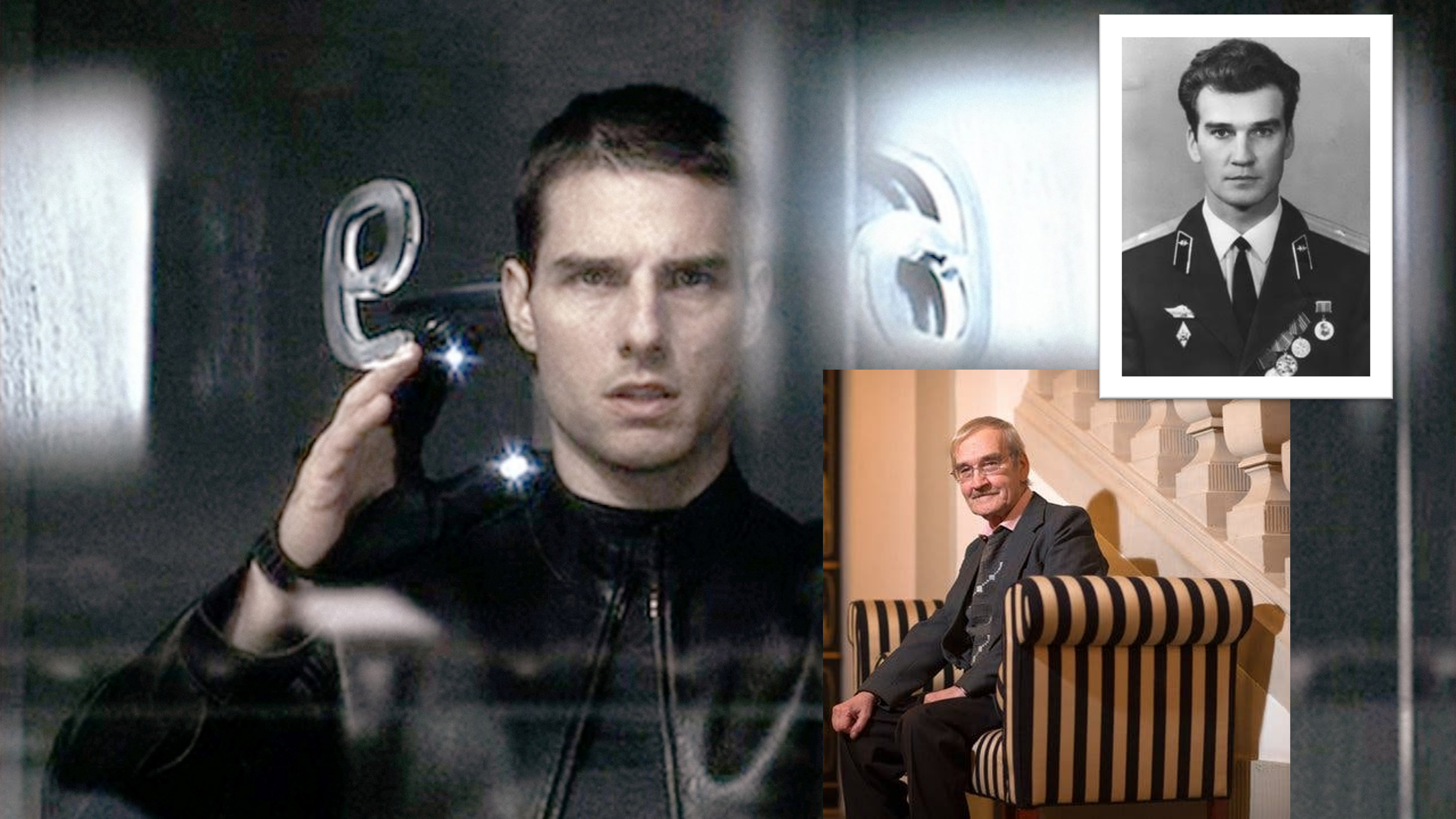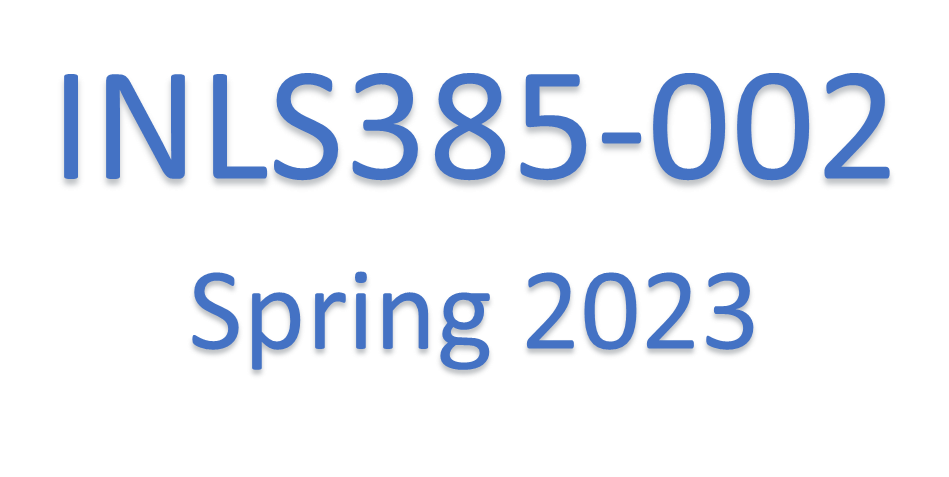Session 25
Class today will be led by Robert Manzo
Robert is a PhD student here at SILS. As part of a PhD student's preparation for a life of research and teaching, everyone has to decide on their teaching philosophy, and needs to experience life in a classroom. Robert selected the watch/read/ponder items for today and laid out what we will do during discussions.
TECHNOLOGY AND ITS IMPACT
This 1960s archival footage from the History channel now seems humorous. It was produced by a manufacturing company, and it imagines the "home of the future." Actually, it's eerily accurate. But it also encodes some outmoded gender stereotypes, showing that how humans design and use technology is always bound up with shifting cultural values.
The 1960s Idea of 'The Home of 1999'
Read to prepare yourselves for some discussion

Algorithms are aimed at optimizing everything. They can save lives, make things easier and conquer chaos. Still, experts worry they can also put too much control in the hands of corporations and governments, perpetuate bias, create filter bubbles, cut choices, creativity and serendipity, and could result in greater unemployment.
- Code-Dependent: Pros and Cons of the Algorithm Age, Pew Research Center, 08 February 2017
Americans' wariness about this wide arc of emergent developments runs through many of the survey's findings. This wariness often centers on concerns about whether people would retain control of their lives, possible unanticipated impacts as these technologies become widely available, and uneasiness about how far these advances might go in changing fundamental human traits and social realities. Some remain uncertain of where they stand on these developments, and about half or more see restrictions on their use that would make them more acceptable.
- 5 key themes in Americans' views about AI and human enhancement , Cary Funk and Lee Rainie, Pew Research Center, 17 March 2022
You don't have to read these unless you wish to, but we might touch upon them in conversation

This 2014 article is about a 2002 movie, and now we're in 2023, have our views of algorithm-driven technology have changed and/or stayed the same over the decades?
- "Twelve Years Later, 'Minority Report' Advertising Is Here", By Shawn Patrick, Vox, 28 April 2014
This article about a narrowly-avoided Cold War nuclear stand-off between the US and Soviet Union shows the importance of human judgment, perhaps warning us that automation should never wholly take over human decision-making processes.
- Stanislav Petrov: The man who may have saved the world, Pavel Aksenov BBC Russian, 26 September 2013
things we'll talk about
- We will work, in your groups to re-create, on a small scale, the surveys, by asking each other the same survey questions as well as one or two additional, original questions.
- We will then present our answers to the class as a whole, comparing our responses to the full survey results.

SOMETHING TO TAKE AWAY
Red Baraat and the Brooklyn Public Library
We at NPR Music leave a lot of variables out in the wild when we make Field Recordings. That's especially true when we commission new music for the annual Make Music New York festival, as we have for three years.
Since we're not using a traditional stage and people are roaming around, we don't know exactly what the performance will sound like (though we're lucky to work with fantastic engineering colleagues). It's always held outdoors, and we can't be sure what the weather will be.
And in two of these three years - the first and this one - we've flung the doors open and invited anyone who wanted to perform to come play alongside professionals. Pretty risky, right?
But what we've found, and what is so incredibly gratifying, is that amazingly talented and generous people join in - this year, about 350 of them on the steps of the Brooklyn Public Library. With a new piece by Sunny Jain of Red Baraat, the beat and the heart were there already, but the spirit burst to life when all those musicians came out to play.
Credits: Producers: Mito Habe-Evans, Saidah Blount, Anastasia Tsioulcas; Audio Engineers: Kevin Wait, Josh Rogosin; Videographers: Mito Habe-Evans, Colin Marshall, Christopher Parks, Maya Sharpe, A.J. Wilhelm, Marina Zarya; Special Thanks: Make Music New York, Brooklyn Public Library, Red Baraat, Mark and Rachel Dibner of the Argus Fund, our many volunteers and all the participating musicians; Executive Producer: Anya Grundmann
Last Updated on
|
Copyright © R.E. Bergquist 2014- |
Powered by w3.css
